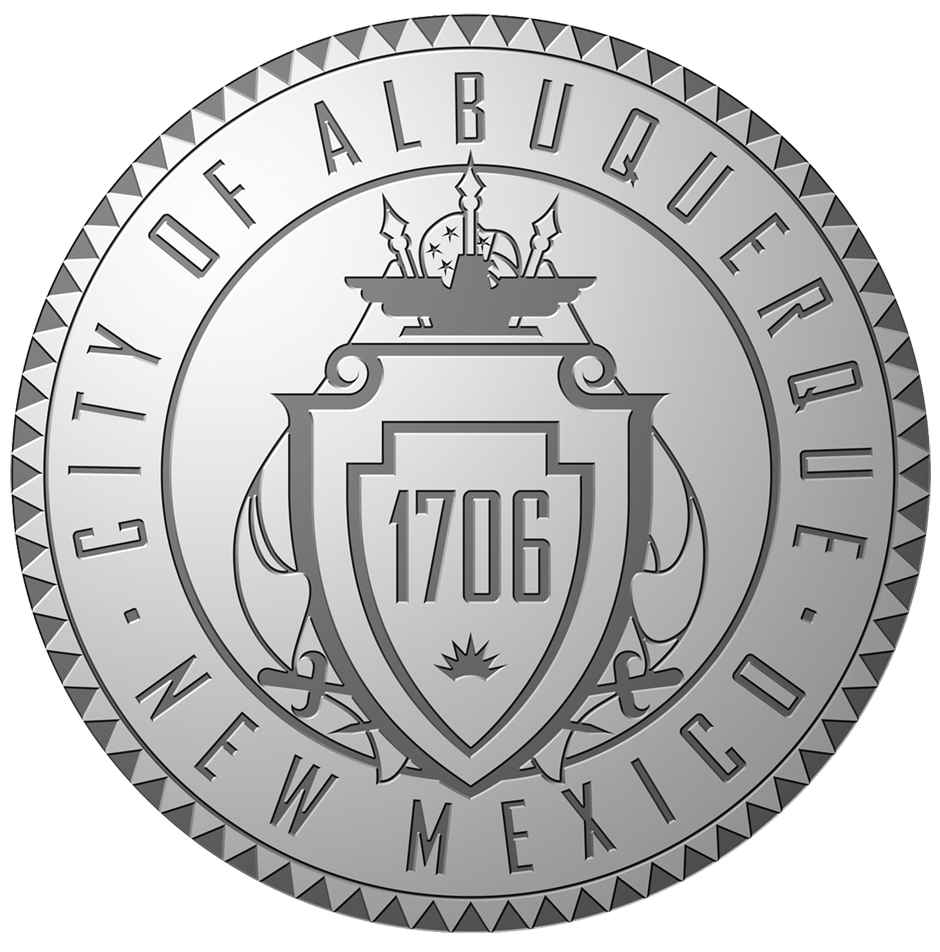Albuquerque, New Mexico
Current through Ordinance 2024-036, passed 10-21-2024

Code of Ordinances
Current through Ordinance 2024-029, passed 9-4-2024
Code of Resolutions
Contains selected City Resolutions, Res. Enactment No. R-2023-088, passed 10-20-2023
Table of Resolutions
This code contains a list of Albuquerque City Council Resolutions, current through Res. No. R-2024-084 passed 12-2-2024
Administrative Instructions
Current through November 2, 2024
Personnel Rules and Regulations
Current through December 11, 2024
Integrated Development Ordinance
EFFECTIVE AS OF AUGUST 3, 2024
Website
Address
http://www.cabq.gov/
One Civic Plaza NW
Albuquerque, New Mexico 87102
Previous Doc